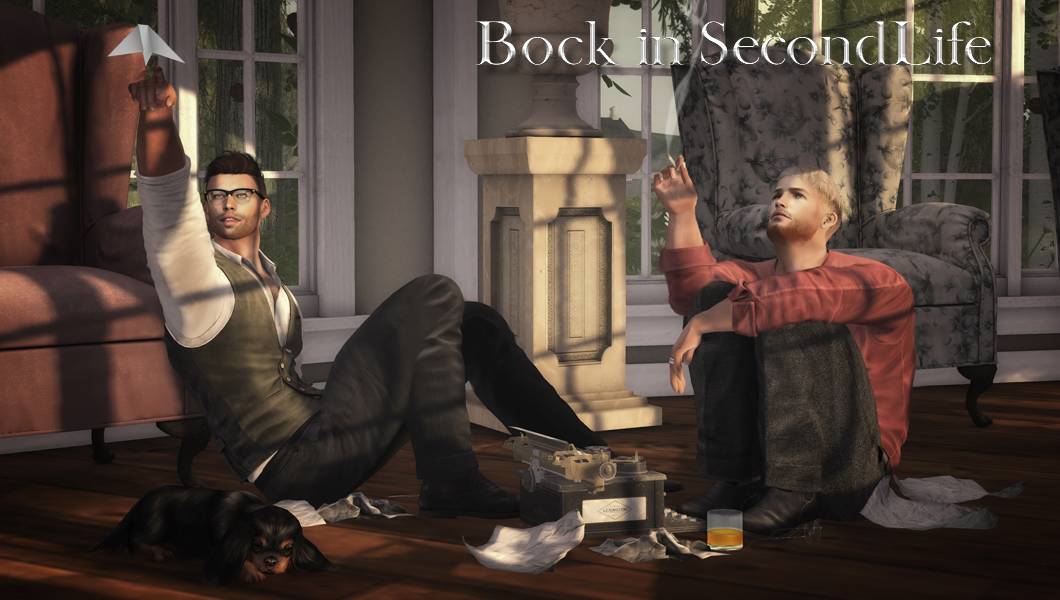Tomais Ashdene, the spouse of The Much Honored Bock McMillan, laird of Southern Charm etc., etc., has finally been recognized as an a-w-e-s-o-m-e photographer in first life also.
The website Upworthy's stated mission is to host the intersection of the "awesome", the "meaningful" and the "visual". It uses virality to promote stories with a progressive bent on political and social issues.
The website Upworthy's stated mission is to host the intersection of the "awesome", the "meaningful" and the "visual". It uses virality to promote stories with a progressive bent on political and social issues.
One of Tomais photographs in his Flickrstream was recently used as the header for an article by James Gaines and Caitlin Duffy entitled upworthy.com: 6 creatures from fairy tales that actually roamed the earth.
Congratulations my darling!



